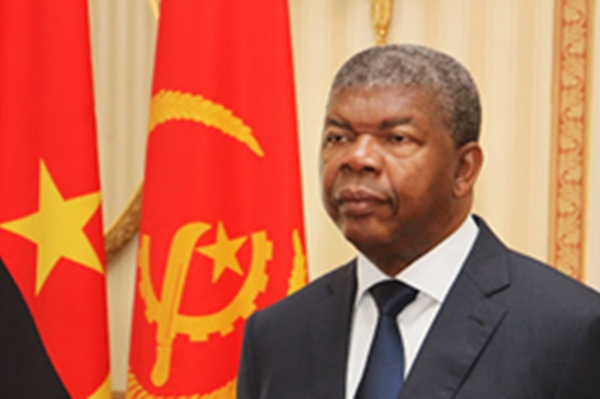Angola is no longer mediating the talks to resolve the ongoing conflict in eastern Democratic Republic of Congo (DRC). Luanda announced its withdrawal on March 24, 2025, explaining that President João Lourenço, who also chairs the African Union (AU), had to "more comprehensively focus on the general priorities established by the continental organization.”
Angola’s mediation efforts, initiated in 2022, had sought to broker peace between the DRC government and M23 rebels, who are widely accused of receiving support from Rwanda. In its recent statement, Luanda noted that its multiple attempts to bring conflicting parties to the table were unfruitful. "Angola has always believed that there should be, in parallel with this process, direct negotiations between the DRC government and the M23. In this regard, it worked towards this and was able to obtain the consent of both parties for the first round of these negotiations to take place in Luanda on March 18 of the current year, an action newly aborted in extremis by a set of factors, some of which were external and extraneous to the African processes already underway," the communiqué reads.
The presidency stated that consultations with the AU Commission would determine a new mediator to replace Angola. Meanwhile, Qatar has stepped up its involvement, hosting a surprise meeting between DRC President Félix Tshisekedi and Rwandan President Paul Kagame last week. The two leaders issued a joint statement reaffirming their commitment to an immediate ceasefire, but this pledge has yet to translate into tangible results as violence continues to escalate.
Commenting on the stalled progress, Téte António, Angola’s foreign minister, told the local media he was disappointed while reiterating that African solutions must remain central to resolving African conflicts. “All actions linked to the efforts of the United Nations or other international organizations are welcome as long as they are duly concerted with African mediators,” the Angolan presidency added in the recent note.
Online, many people disapproved of Qatar’s involvement in the matter, deeming that a non-African nation should not mediate the peace talks.
Since January, M23 rebels have launched an aggressive offensive in eastern DRC, capturing strategic towns such as Goma and Bukavu and advancing into mineral-rich areas like Walikale. Their control over these regions has deepened the humanitarian crisis, with millions displaced and international efforts struggling to end the conflict.
On Monday, March 24, Kinshasa began consultations for a potential government of national unity, raising questions about whether M23 representatives will be included.
This article was initially published in French by Moutiou Adjibi Nourou (Ecofin Agency)
Edited in English by Ola Schad Akinocho










